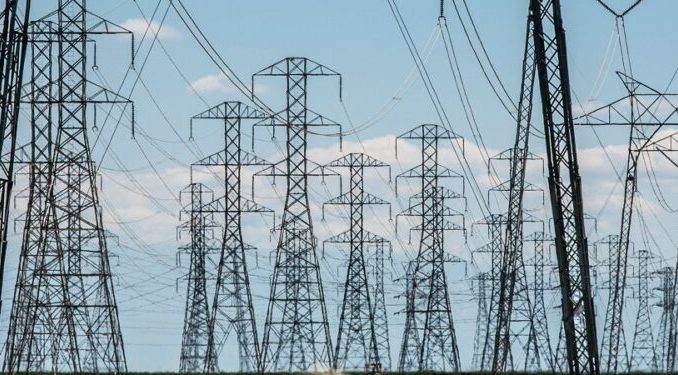National
Senate moves to improve Nigeria’s power generation capacity

Senate has considered the Electricity Bill, 2021, which seeks to consolidate all legislations in the power sector into one electricity statute, with the ultimate aim of improving Nigeria’s power generation capacity.
The bill which scaled second reading during plenary was sponsored by Senator Gabriel Suswam (PDP Benue North-East).
If passed into law, the bill would diversify the power sector to accommodate cleaner renewable energy sources, as well as boost investment from private sector participation.
Leading debate on the bill, Suswam explained that the bill seeks to, among other reasons, repeal the Electricity Power Sector Reform Act, 2005, consolidate all legislations in Nigerian Electricity Supply Industry (NESI) and enact an omnibus Electricity Act for the industry to provide the ideal legal and institutional framework to guide the post-privatization phase of the industry in Nigeria.
He recalled that the Electric Power Sector Reform Act, 2005, provided the legal and institutional framework for the reform of the Nigerian Electricity Supply Industry, NESI initiated and implemented by the Federal Government between 2001 – 2013.
According to him, the Act and other policy measures provided for the physical unbundling of the National Electric Power Authority, NEPA into 18 successor companies.
“While 17 of these successor companies have been licensed by the Nigerian Electricity Regulatory Commission as distinct privatized generation and distribution companies, the Transmission Company of Nigeria remains state-owned”, he said.
He explained further that the Nigerian Electricity Regulatory Commission, NERC; the Nigerian Electricity Management Services Agency, NEMSA and Rural Electrification Agency, REA were also established to enforce technical standards and regulations, as well as the coordination and implementation of rural electrification, respectively.
The lawmaker, however, lamented that, “inspite of the modest milestones recorded in the Nigerian power sector through the reform exercise, the sector has not been able to meet the target of making electricity available to 75 percent rural and urban population by 2020 as envisaged in the National Electric Power Policy.
“This is because the sector is currently plagued by a number of challenges some of which are operational constraints that emerged after the privatization exercise while others may be attributed to the gaps inherent in the extant framework.
“With respect to operational constraints, the privatized power sector in Nigeria is facing myriad of post-privatization challenges including the absence of cost-reflective tariffs, inadequate enumeration and metering of consumers, limited access to funds for investment, high levels of Aggregate Technical Commercial and Collection (ATC&C) losses, poor revenue generation and tariff deficits.”
“All these constraints have received various interventions by the executive and legislative arms of the Federal Government over the years, but these challenges have continued to threaten the viability of successor companies including their financial capacity to invest in network improvement to guarantee reliable power supply as envisaged in their respective Performance Agreement”, Suswam added.
The lawmaker explained further that apart from the operational constraints confronting post-privatized power sector in Nigeria, the Principal Act – Electricity Power Sector Reform Act 2005 – which is the legal framework for the industry is fraught with gaps and shortcomings that makes it unsuitable to adequately regulate activities of the market operator and participants in the post-privatized phase of the industry.
He said the bill when passed, would provide the framework for power diversification through the use of cleaner renewable energy sources such as coal, wind, sun and ensure sustainable energy mix.
The Electricity Bill, 2021, after scaling second reading was referred by the Senate President, Dr. Ahmad Lawan, to the Committee on Power for further legislative work and to report back within four weeks.
Contact: info@royalnews.com.ng

